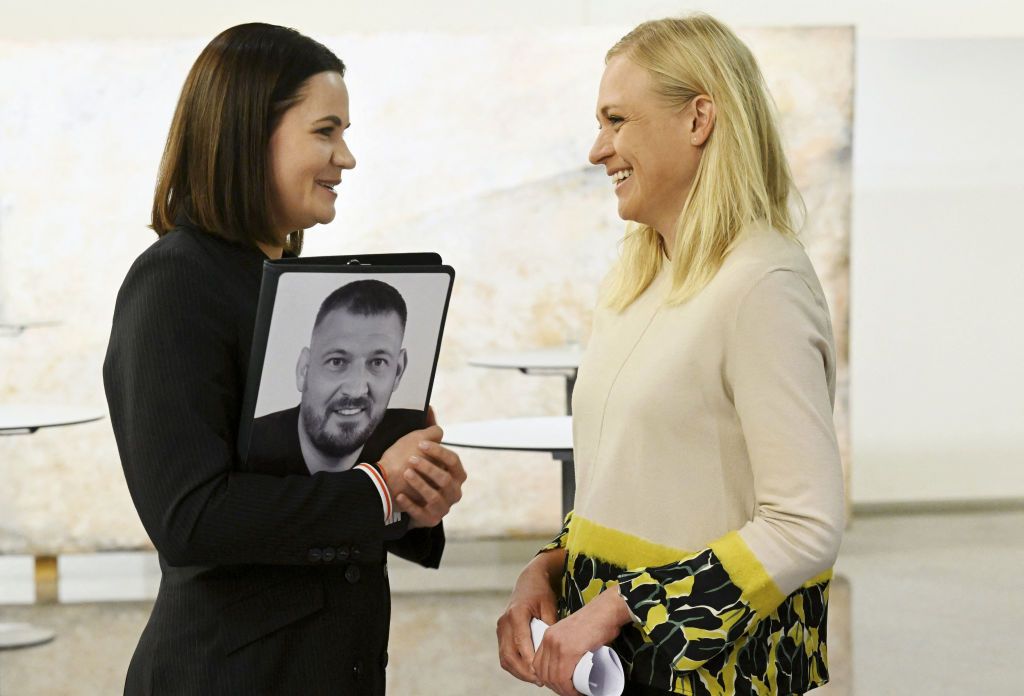Lukashenko's regime starts investigation against 20 Belarusian analysts, experts

The Investigative Committee of Belarus launched a "special investigation" against 20 analysts, sociologists, and economists who have given comments for independent Belarusian media, Radio Svaboda reported on Jan. 25.
Alexander Lukashenko's regime regularly targets those who have voiced opposition to his rule or openly hold pro-democracy views and continues to crack down on those with links to the mass protests that followed the Belarusian presidential election in 2020.
The committee claimed that the 20 analysts and experts "took an active part in the development and implementation of the concept of destructive activities aimed at harming the national security of the Republic of Belarus and also contributed to the incitement of social enmity and strife in society," as cited by Radio Svaboda, the Belarusian service of Radio Free Europe/Radio Liberty (RFE/RL).
Among the suspects is Yury Drakakhrust, Radio Svaboda's journalist and analyst, as well as several employees of Belarusian opposition leader Sviatlana Tsikhanouskaya's office.
The committee called all the suspects "analysts of Tikhanovskaya," but her press secretary, Anna Krasulina, who was also included in the list, said it was a wrong description because some of these analysts criticize Tikhanovskaya.
"There is no particular logic to this list, they just put as many people on this list as possible to intimidate them," Krasulina told Radio Svaboda.
"These brave people are guilty of nothing but love for our country and seeking a way out of the political crisis in Belarus created by the dictator," Tikhanovskaya commented.
Belarusian authorities usually launch "special investigations" to prosecute in absentia political opponents who have left the country due to the repressions, according to Radio Svaboda.
Belarusian security services (KGB) conducted mass searches, interrogations, and detentions of relatives and loved ones of political prisoners as well as those who previously served sentences for political cases on Jan. 23, as reported by Viasna, a Belarusian human rights center.
One of the persecuted on that day was Siarhiej Dubaviec, a Belarusian writer and journalist living in exile, whom the Lukashenko regime accused of "discrediting the state," "inciting social enmity," and "genocide denial," among a range of other charges.














